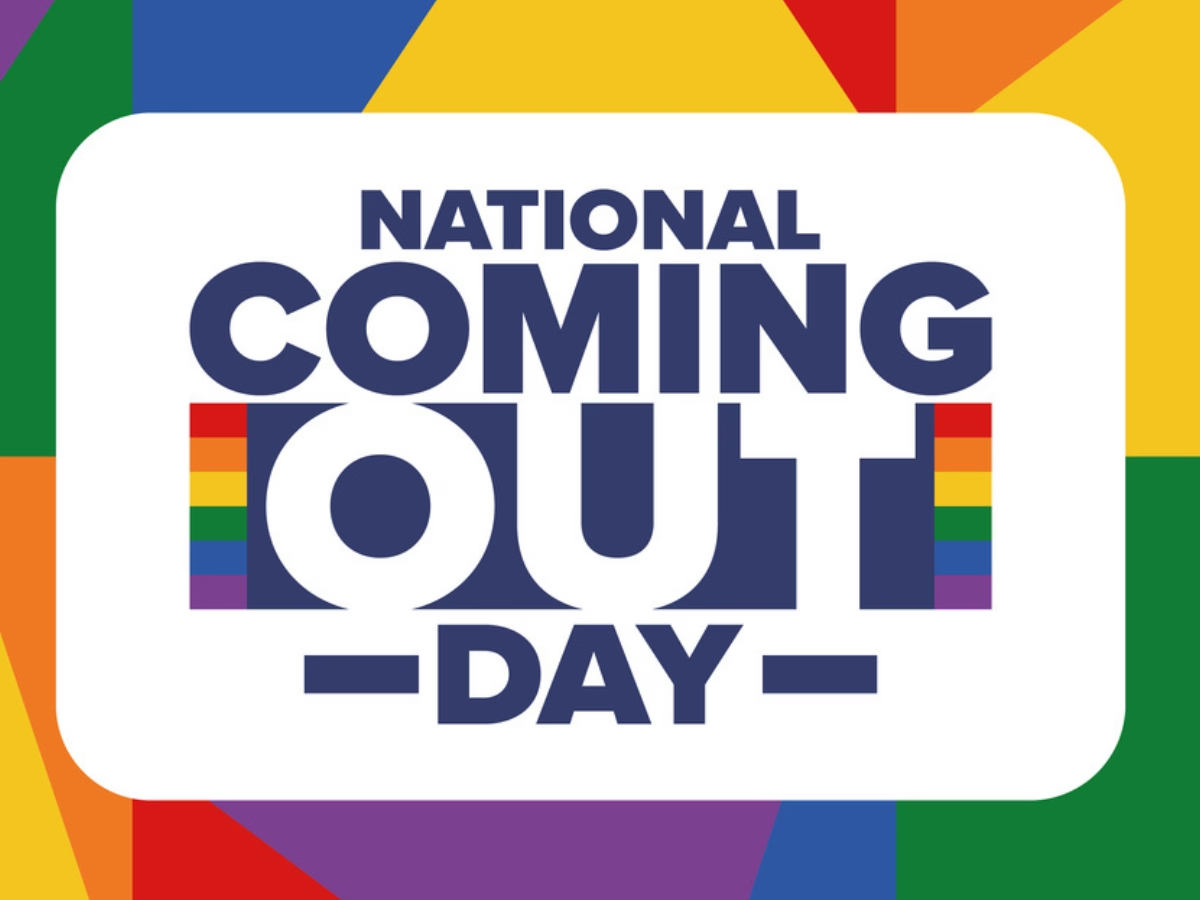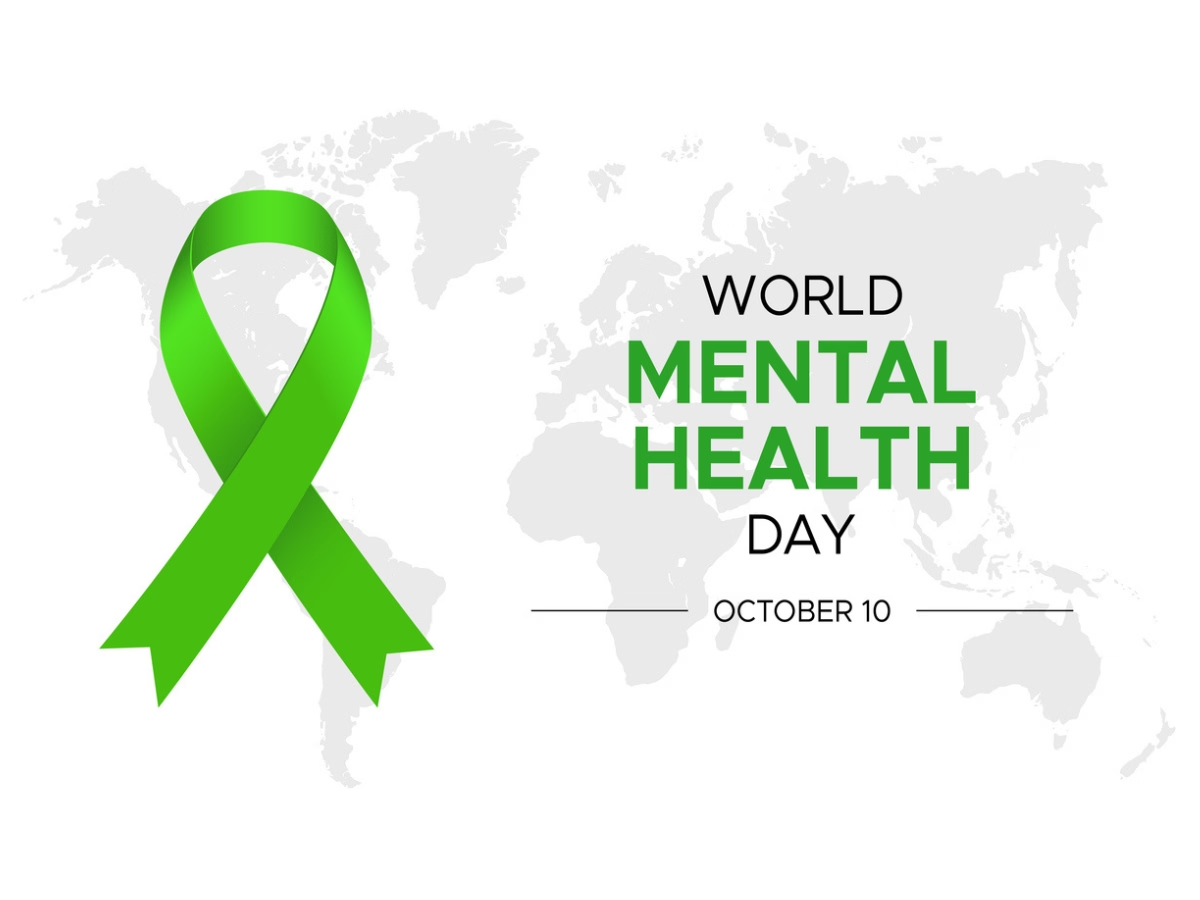Binge eating disorder (BED) is a form of eating disorder that’s characterized by repeated compulsive eating, often in private and away from regular mealtimes. This eating comes in short bursts, which are known as binge eating episodes. During these episodes, the person will eat a great deal of food in a short period. In many cases, they will eat beyond feeling full, or even past the point of feeling pain.
While it isn’t as well-publicized as other eating disorders like anorexia nervosa or bulimia nervosa, binge eating disorder is listed in the DSM-V (the national catalog of mental health disorders) as of 2013. Research studies in the U.S. find that up to 3.5% of females and 2% of males experience binge eating disorder during their lifetime (Hudson et al., 2007), making it the most prevalent eating disorder in the country.
Because it’s not as well known as other eating disorders, it might be hard to recognize when someone you love has the disorder. We outline 10 signs and symptoms of the disorder that might help identify binge eating disorder and indicate that there may be a need to consult an eating disorder treatment center.
{{blog-button="/cta-buttons"}}
1. Feeling a Lack of Control With Food
People with binge eating disorder often feel that the binge eating episodes are out of their control. They may say something like, “I couldn’t stop even if I wanted to.” However, people with binge eating disorder often try to hide the problem, so it might not be so open.
2. Negative Body Image and Poor Self-Esteem
Binge eating disorder is often a response to a negative body image, specifically, feeling overweight or fat (whether or not this is medically the case). This can lead to poor self-esteem issues that leads to fasting or dieting, which is then broken by binge eating episodes.
3. Constipation, Diarrhea, and other GI Problems
The nature of the foods eaten during an episode (often high fat and salty foods) and the large amounts normally eaten can cause consistent gastrointestinal problems.
4. Food Hoarding and Missing Food
Binge eating disorder episodes are usually done in private, often late at night when no one is around. People with the disorder often hoard snacks in their room for later use. You might also notice that certain foods suddenly and repeatedly disappear from the fridge or pantry.
5. Increasing Social Isolation
It’s not uncommon for people with binge eating disorder to increasingly plan their lives around binge eating episodes. This might manifest as the person skipping a meal with friends because they plan to binge eat later, or avoid social situations that interfere with a binge eating episode.
6. Obesity
Unlike bulimia nervosa, BED does not involve a purge following an eating episode, so it can lead to increased weight and obesity. This can have serious health consequences like sleep apnea, heart disease, high cholesterol, and more.
7. Frequent Dieting
Related to poor body image, people with BED are prone to trying several different diets, often fad diets that eliminate certain food groups. They may also misuse diet pills more often. Because of the binge eating episodes, dieting may not result in weight loss.
8. Family History of Binge Eating Disorder
As with most mental health disorders, binge eating disorder happens more often in people whose family members have the disorder. It’s not clear whether this is genetic or due to children modeling their parents’ behavior. Most likely it’s a combination of the two.
9. Finding Food Wrappers Hidden or in the Trash
If you suspect your loved one has binge eating disorder, look in the trash occasionally to see if there are food wrappers in bulk. This may not be daily, but if there are repeatedly lots of food wrappers hidden away or put in the trash, it’s a sign there has been a binge eating episode.
10. Overwhelming Guilt or Shame Related to Eating
If your loved one expresses a feeling of shame about how much they ate at a meal or indicated they feel guilty about snacking, it’s a sign they may be developing BED. The disorder almost always comes with these embarrassed feelings.
Look for Help From an Eating Disorder Treatment Center
BED can be dangerous, but there is no reason to lose hope. It’s a treatable disorder and many eating disorder treatment centers specialize in medical and therapeutic programs for BED. Do your research and reach out for help today, and you can beat BED.
CITATIONS:Hudson JI, Hiripi E, Pope HG Jr, Kessler RC. The prevalence and correlates of eating disorders in the National Comorbidity Survey Replication. Biol Psychiatry. 2007 Feb 1;61(3):348-58. doi: 10.1016/j.biopsych.2006.03.040. Epub 2006 Jul 3. Erratum in: Biol Psychiatry. 2012 Jul 15;72(2):164. PMID: 16815322; PMCID: PMC1892232.




.svg)



